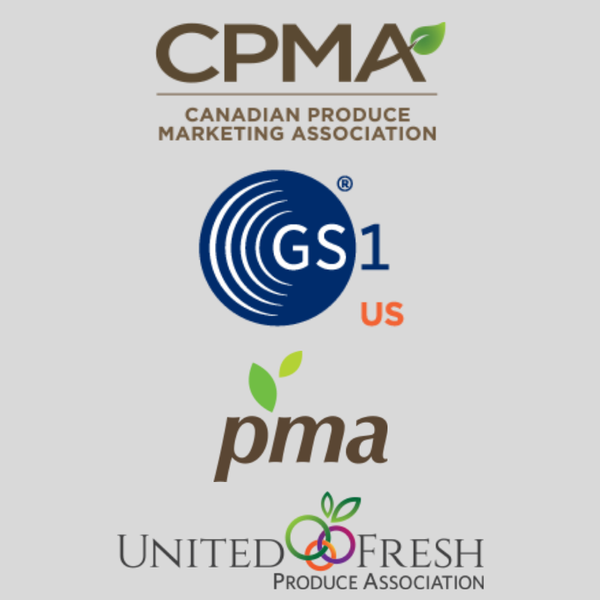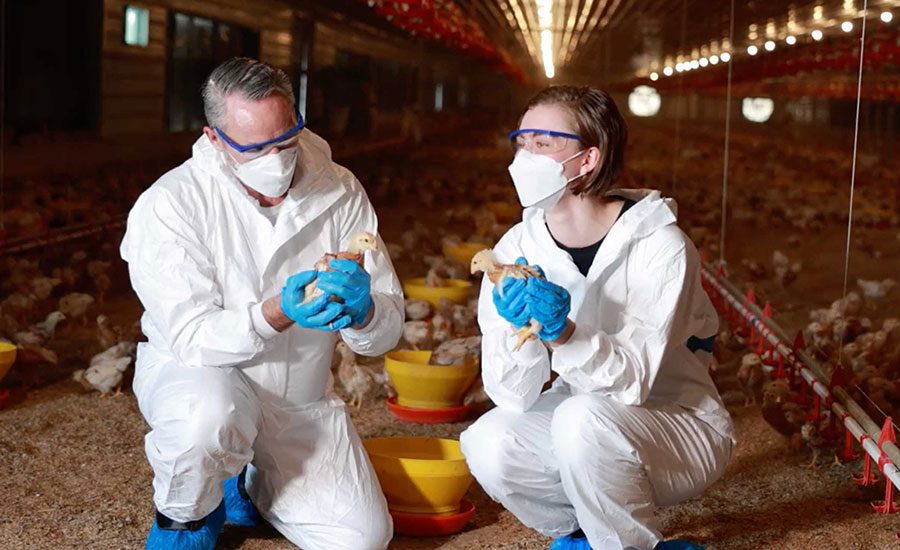The Produce Traceability Initiative (PTI), consisting of the Canadian Produce Marketing Association, GS1 US, the Produce Marketing Association, and United Fresh, and its many volunteer industry members, has announced the release of four new or improved tools to support traceability implementation:
- Canada/U.S. Harmonized Case Label
- Template for Sharing Traceback Data with Regulators
- Revised Best Practices for Formatting Case Labels
- Updated Advance Ship Notice (ASN)
“As the Canadian industry strives for compliance with the Safe Food for Canadians Regulations and the U.S. industry prepares for the September release of draft Food Safety and Modernization Act traceability-related regulations, traceability is increasingly a focus across the supply chain and with consumers,” said PTI chair Doug Grant of The Oppenheimer Group. “These new and updated resources support a renewed commitment to traceability efforts and bring clarity and harmonization to the tools that support traceability.”
The Harmonized Case Label reflects an industry-wide collaboration amongst stakeholders to align on a label that would be accepted by buyers in the grocery and foodservice communities in both Canada and the U.S. Buyers from both countries worked through the winter to design and align on one label that meets both buyer and regulatory requirements and remains founded on global GS1 standards. To bring confidence to the supplier community, part of the effort included confirmation of buyer commitment to the label via individual letters of support which are available on the PTI website. Buyers who have not yet confirmed their support are encouraged to contact one of the four associations noted in this release.
To ensure clarity on the use of the label, the PTI Best Practices for Formatting Case Labels was updated and includes information to enable integration into operations regardless of the commodity being packed.
In addition, the new Produce Traceback Template initiated as part of the Romaine Task Force and finalized by PTI working groups is designed to transmit traceability data to regulators when a company is involved in a trace-back investigation. The template was developed with guidance from the U.S. Food and Drug Administration for produce companies to better manage responses to inquiries about potentially harmful products in the supply chain, regardless of whether or not they are PTI compliant. The tool is designed to be used by companies of varying sizes who are at any point in their traceability journey. The Template was also integrated into the PTI Guidance for Sharing Traceback Data. Initial testing by a small group of buyers yielded favorable responses, and over the summer PTI will execute a larger pilot to determine how the Produce Traceback Template can enable the broader food industry to align on traceability best practices and prepare for interoperability and regulatory requirements of the future.
Finally, as industry transitions to use of the ASN, the ASN 856 document was updated to reflect the updated Electronic Data Interchange standard version 007050 UCS. This technical change supports the use of this electronic means for sharing both commercial and traceability information amongst trading partners.
PTI’s four founding organizations continue to collaborate on industry challenges and solutions for produce traceability and encourage industry to access the new and updated resources at ProduceTraceability.org.






